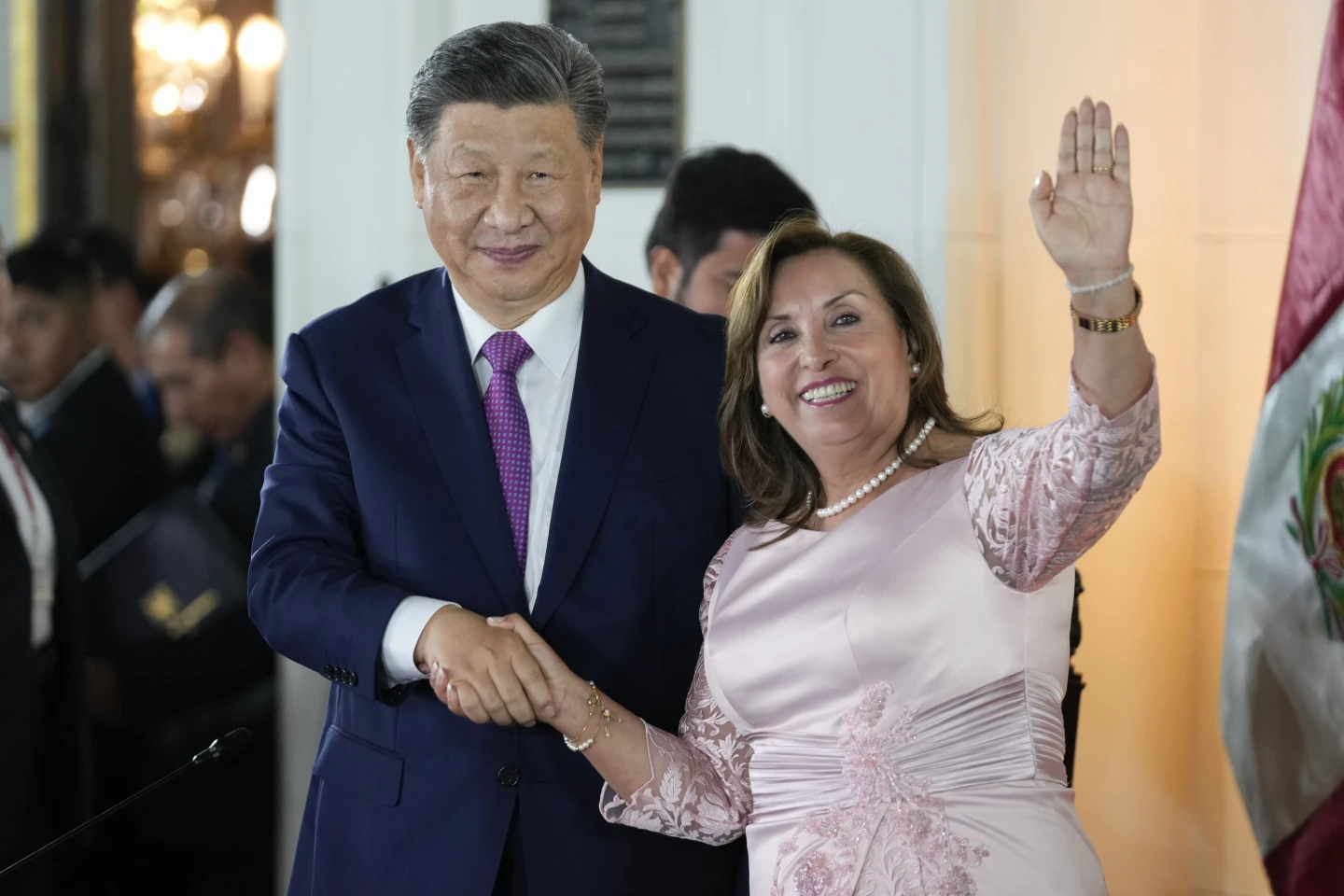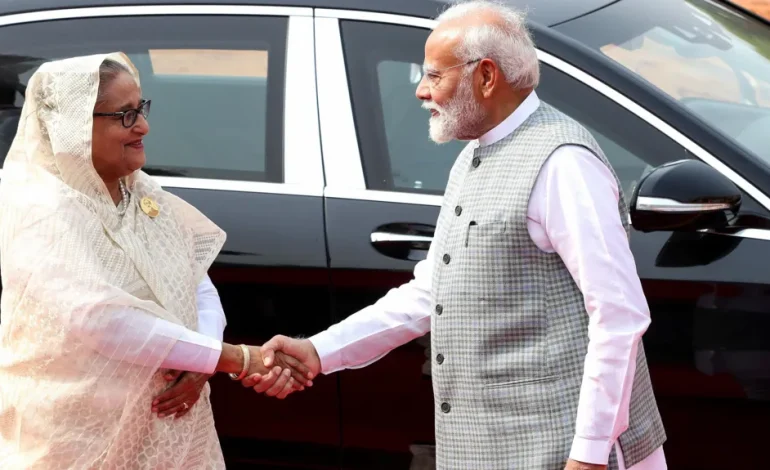New Delhi is dealing with the fallout from its close alliance with Bangladesh’s former Prime Minister Sheikh Hasina, who fled to India in August amid widespread protests and violence in her home country.
The abrupt shift in Bangladesh’s political landscape has put India in a difficult position as it attempts to maintain its strategic relationship with the new interim government in Dhaka.
Hasina’s departure came after a surge in protests demanding her removal and a return to democratic governance. The demonstrations began as student-led protests and quickly grew into a national movement. The violence and fatalities that accompanied these events prompted Hasina to seek refuge in India, where she has remained since her escape.
India had long been Hasina’s staunch ally, and their economic and security cooperation had grown significantly during her tenure. This alliance helped to keep Bangladesh within India’s sphere of influence, countering China’s regional ambitions. Hasina’s government granted India strategic access to key waterways, facilitating lucrative business transactions.
However, India’s support for Hasina’s increasingly authoritarian regime has drawn criticism, particularly from the international community. Human rights violations and election rigging have plagued Hasina’s government, and India has been accused of interfering in Bangladesh’s domestic affairs to support her leadership.
The current situation presents India with a diplomatic challenge. The interim government of Bangladesh, led by Nobel laureate Muhammad Yunus, has promised significant reforms and accountability for Hasina’s administration. The new leadership wants Hasina to return to face legal proceedings over allegations of genocide and other crimes. Despite these calls, Hasina remains in India, with no formal extradition request yet.
India’s relationship with Bangladesh, long viewed through the lens of its alliance with Hasina, is now under scrutiny. Analysts contend that India’s focus on Hasina, rather than a broader state-to-state relationship, has made it vulnerable to the current political turmoil. The Modi government is now tasked with recalibrating its strategy to maintain positive relations with Bangladesh while also addressing rising anti-India sentiment.
The presence of Hasina in India has exacerbated the situation. Although Indian officials have stated that her stay is only temporary and that no official request for her extradition has been made, pressure is mounting from various quarters on India to act. Activists and political figures in Bangladesh are demanding Hasina’s return to face justice, claiming that her presence in India is an attempt to undermine the new interim government.
Diplomats and analysts emphasize the importance of India’s careful handling of this complex situation. The Modi government has expressed concern about regional instability, but it has not directly addressed the new government’s push for democratic reform. As India seeks to maintain its influence in a region increasingly contested by China, it must strike a balance between its strategic interests and the realities of Bangladesh’s changing political landscape.
BBC and the Guardian contributed to this report.









